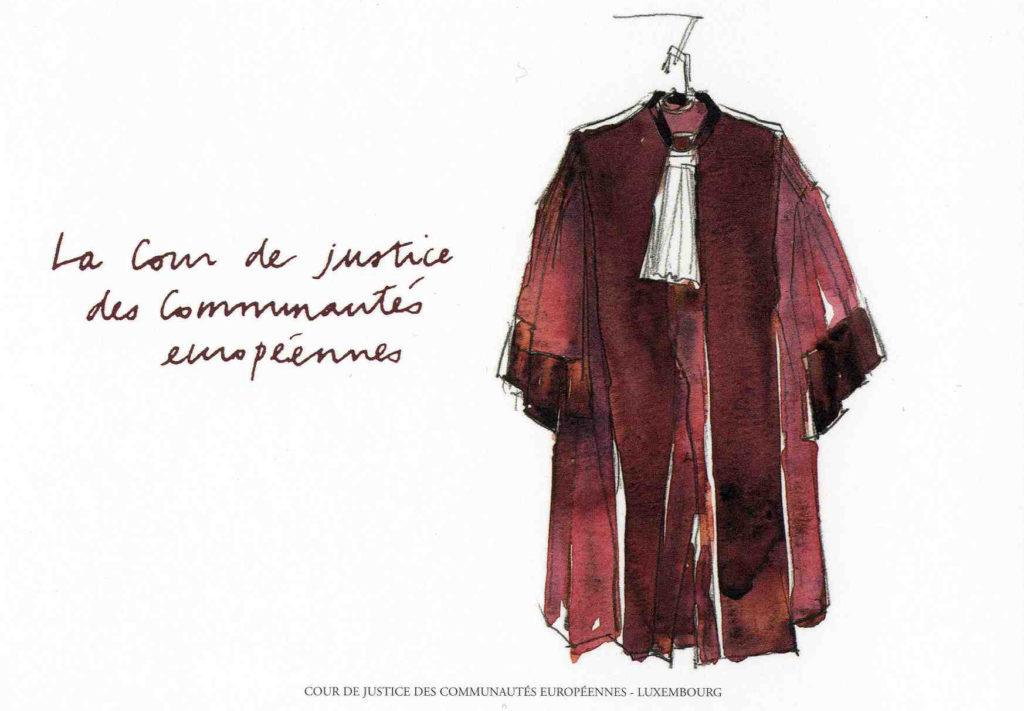
Drept de deducere TVA. Livrarea efectivă a bunurilor
The Court of Justice of the European Union has decided, based on its judgment from the 27th of June 2018 in cases SGI (C‑459/17) and Valériane SNC (C‑460/17) vs. Ministre de l’Action et des Comptes publics, that Article 17 of the Sixth Council Directive 77/388/EEC of 17 May 1977 on the harmonisation of the laws of the Member States relating to turnover taxes — Common system of value-added tax: uniform basis of assessment, as amended by Council Directive 91/680/EEC of 16 December 1991, must be interpreted as meaning that, in order to deny a taxable person in receipt of an invoice the right to deduct the VAT appearing on that invoice, it is sufficient that the authorities establish that the transactions covered by that invoice have not actually been carried out.
We find the following paragraphs of the judgment relevant:
35 It follows that, in the VAT system, the right to deduct is connected to the actual delivery of the goods or performance of the services at issue (see, by analogy, order of the President of the Court of 4 July 2013, Menidzherski biznes reshenia, C‑572/11, not published, EU:C:2013:456, paragraph 19 and the case-law cited).
36 Conversely, when there is no actual delivery of the goods or performance of the services, no right to deduct may arise.
37 From that point of view, the Court has already stated that the exercise of the right to deduct does not extend to a tax which is due solely because it appears on an invoice (see order of the President of the Court of 4 July 2013, Menidzherski biznes reshenia, C‑572/11, not published, EU:C:2013:456, paragraph 20 and the case-law cited).
38 The good or bad faith of a taxable person seeking deduction of VAT has no bearing on the question whether there has been a delivery, for the purposes of Article 10(2) of the Sixth Directive. In accordance with the objective of that directive, which aims to establish a common system of VAT based, inter alia, on a uniform definition of taxable transactions, the concept of ‘supply of goods’ in Article 5(1) of that directive is objective in nature and must be interpreted without regard to the purpose or results of the transactions concerned and without it being necessary for the tax authorities to carry out inquiries to determine the intention of the taxable person or for them to take account of the intention of an economic operator other than that taxable person involved in the same chain of supply (see, to that effect, judgment of 21 November 2013, Dixons Retail, C‑494/12, EU:C:2013:758, paragraphs 19 and 21 and the case-law cited).
39 In that regard, it must be remembered that it is for the person seeking deduction of VAT to establish that he meets the conditions for eligibility (judgment of 26 September 1996, Enkler, C‑230/94, EU:C:1996:352, paragraph 24).
40 It follows that the existence of a right to deduct of VAT is conditional on the corresponding transactions having actually been carried out.
In the legal affair this judgment has been pronounced in, facts were simple: the premise of the dispute was that the right to deduct the VAT cannot be exercised as long as an actual delivery of goods hasn’t been made.
However, the Court of Justice of the European Union explains, referring its prior jurisprudence, the reversed situation: as long as an actual delivery of goods has been made, it means that the right to deduct the VAT is effective. As a result, as long as there’s proof for the actual delivery of goods, it is against European law to deny the exercise of the right to deduct the VAT on formal grounds (e.g. the commercial partner didn’t declare his deliveries; the commercial partner didn’t have the capacity of delivering the goods or the supplying of services etc.).


